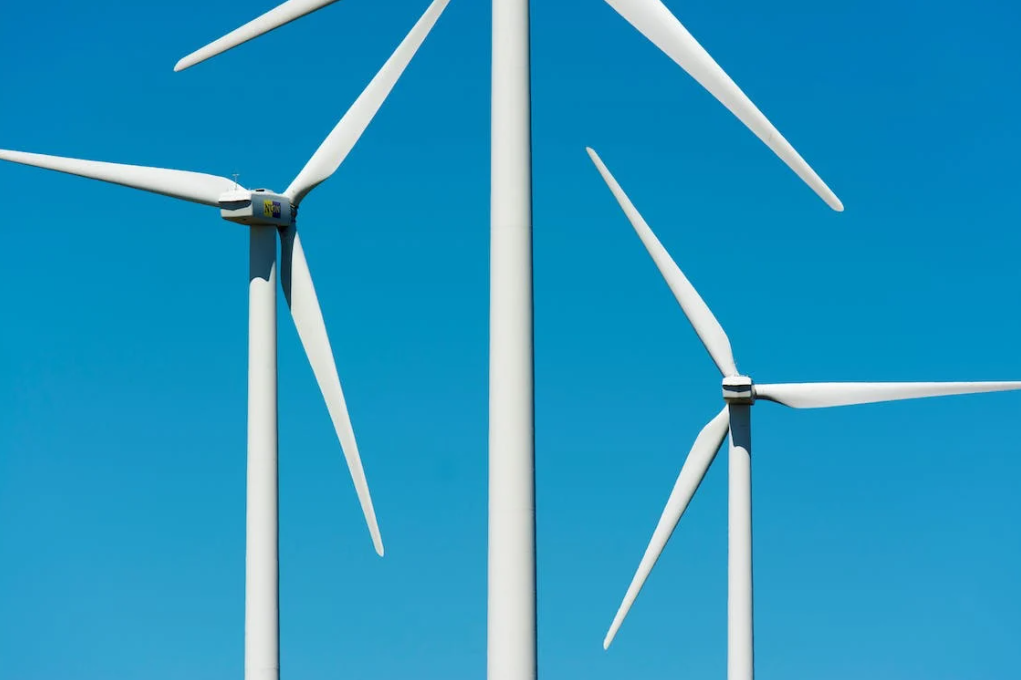Trade & Economic Strategies within the EU-US-China Triangle
In connection with the IRA, the EU Commission presented the Green Deal Industrial Plan on Feb. 1. To concretize the contents and to achieve the goals, especially the increase of the European competitiveness compared to China and the U.S., the EU presented the Net Zero Industry Act on March 16. The goal is that at least 40 percent of all technologies needed to achieve the climate and energy targets by 2030 will be produced in the EU. These include wind turbines, renewable hydrogen, batteries and energy storage, to name a few. These sectors are to be promoted primarily through rapid approval procedures and better access to funding. This is a political goal; it is not binding in law.
Furthermore, the reform of the electricity market in the EU has been mentioned as part of the Green Deal Industrial Plan. The third important part of the Green Deal Industrial Plan is the package of measures on critical raw materials, which aims to ensure a secure, diversified, affordable and sustainable supply of critical raw materials for the EU. Raw materials are essential for a wide range of strategic sectors (such as the net zero industry, digital industry, aerospace and defense).
Europe is heavily reliant on imports, often from quasi-monopolistic third country suppliers, while demand for critical raw materials is projected to increase. The EU needs to reduce its strategic dependencies on such suppliers to enhance its economic resilience and mitigate supply chain risks, as evidenced by shortages during the Covid-19 pandemic and the energy crisis that followed Russia's invasion of Ukraine.
The EU has adopted new regulations and communication strategies to improve the resilience of its critical raw material supply chains. These measures aim to enhance sustainability, diversify supply chains, and mitigate the risks of disruptions by leveraging the EU's internal market and external partnerships. The Critical Raw Materials Act will also increase the EU's monitoring capacity, helping to ensure that the supply chains remain sustainable and circular.
This development is a good follow-up to the meeting between U.S. President Joe Biden and EU Commission President Ursula von der Leyen in early March 2023, where agreement was reached on an EU-U.S. commodity alliance. This is particularly important in view of the IRA. If the raw materials partnership is formalized, European battery manufacturers could still benefit from U.S. subsidies under the IRA provisions. For example, an EU-based company could help supply lithium, nickel or other materials for electric vehicles manufactured in North America - and would benefit from the incentives in return. More details to the raw materials partnership can be found here (in German) via Handelsblatt (*).
Overall, these efforts reflect a larger trend in global politics towards greater national security and economic stability, particularly in the face of supply chain disruptions and geopolitical tensions from a larger China-EU-U.S. Triangle perspective.
As EU Commission President Ursula von der Leyen announced end of March, the EU is aiming to reduce its economic dependency from China (*). Brussels wants to be able to stop certain investments by European companies as a strategy of risk reduction, not of decoupling. An area in particular where Brussels faces challenges in connection to China is in the high-tech sector, due to the context where China’s political leaders are pushing forward a “civil-military” fusion, raising questions of security, privacy, and transparency for many stakeholders. Concrete strategy points from the Commission’s side are to follow. The first step necessary for the Commission is to complete the complex amount of data of European companies’ involvement in China.
Links marked with (*) lead to paid content.

